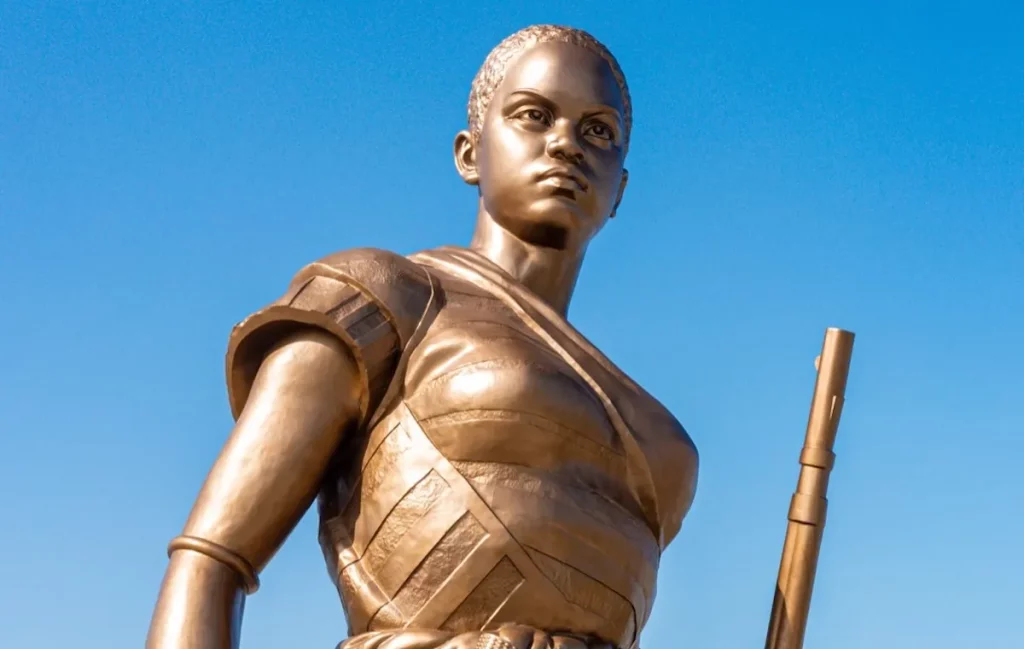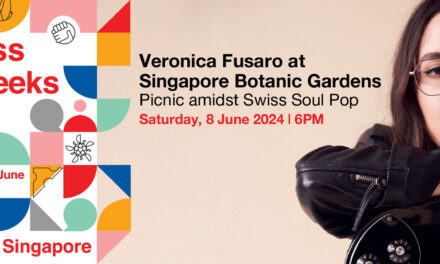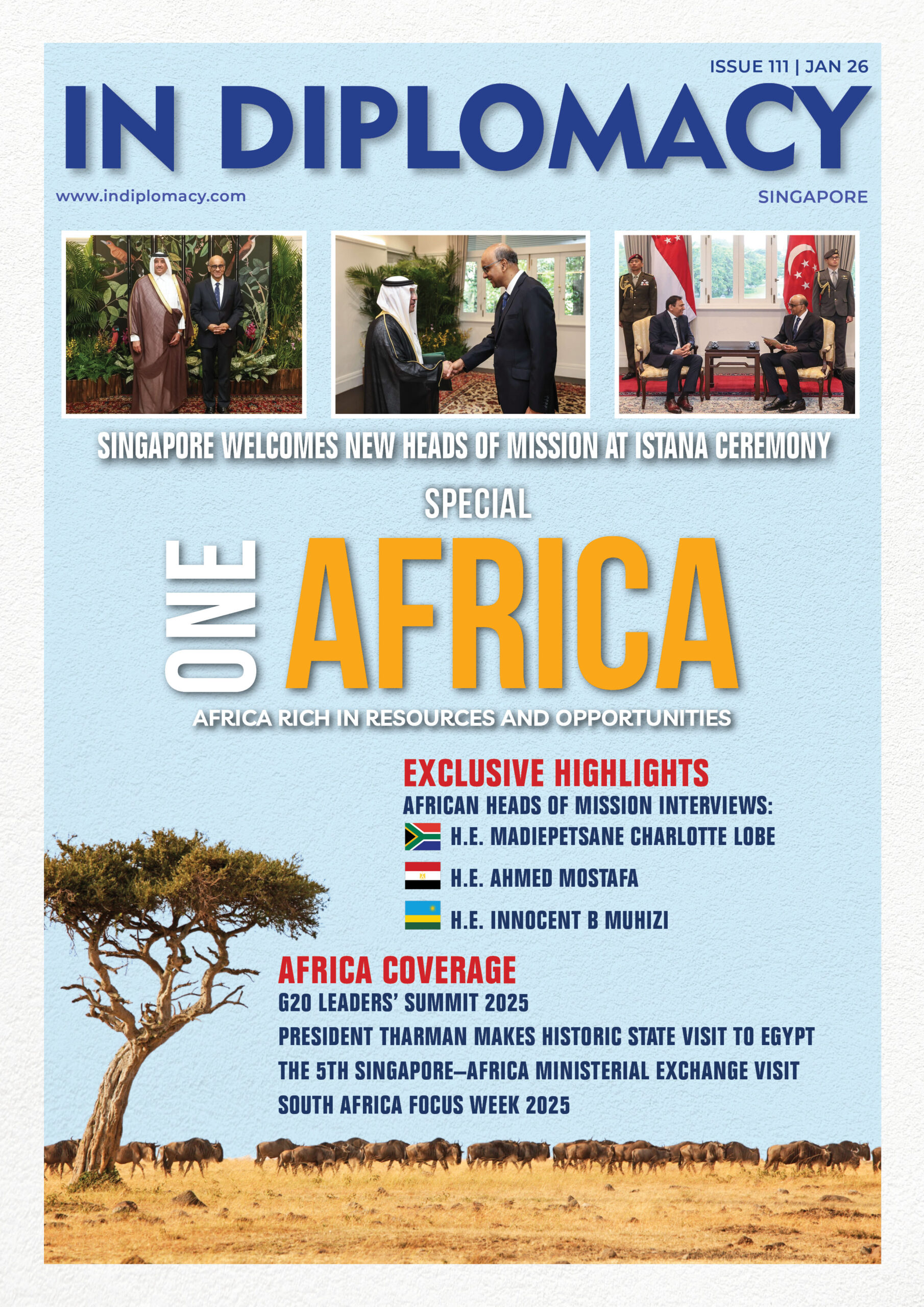
The year 2022 was a significant year for African culture. Some of the most important stories from the worlds of art and culture over the past year, including those related to music, architecture, and film are highlighted here
IN Cotonou, “The Amazon” was unveiled. The 30-meter-tall, bronze-covered statue of the same name was unveiled in the capital of Benin. The monument is dedicated to the Agoodjié women fighters. Their legacy lives on centuries later. Their story was freely adapted for the film “The Woman King” in the United States.
The cast of the blockbuster “Black Panther Wakanda Forever” traveled to Lagos, Nigeria, for the film’s African premiere. The story follows the Wakanda Kingdom as it mourns the loss of its king. Disney commissioned several African musicians to compose music for the film’s soundtrack. Singers from South Africa are among the continent’s musicians. Ghana is represented by Ammarae, and Nigeria has the most singers featured, including big names like Burna Boy and Tems.
Away from Hollywood, African cinema is thriving. The Carthage Film Festival, one of the continent’s oldest festivals of its kind, celebrated its 56th anniversary. “Sous les Figues,” or Under the Figs, by French-Tunisian filmmaker Erige Sehiri, was among the award-winning fiction and documentary films. The film had already received accolades at the Francophone Film Festival in Namur (Belgium) and the Quinzaine des réalisateurs in Cannes.
Rudy Gomis, a Senegalese percussionist and singer, was among the African music titans who died in 2022. On April 27, the founding member of the band Orchestra Baobab died at the age of 75. The death of gospel singer Osinachi Nwachukwu at the age of 42 shocked millions in Nigeria. It also brought attention to the issue of domestic violence. During Nwachukwu’s husband’s trial, some of her relatives claimed that she died as a result of violence from her partner.
Diébédo Francis Kéré is renowned for his clay buildings and educational institutions. The Burkinabe architect is well known for his environmentally friendly buildings that benefit the locals. He was the first African to receive the Pritzker Prize, the highest honor in his line of work. Following the announcement, the laureate was eager to pray in honor of the youthful talent in Africa. He also returned to his homeland to celebrate his feast.
UNESCO has expanded its list of intangible cultural heritage items to include more African traditions and music. Among them are the Algerian Ra, an emotional and poetic song, and the Kalela dance from Zambia, which is traditionally performed at funerals or harvest festivals. Harissa, a spicy paste popular among Tunisians, also stood out as a symbol of African cuisine.
Some make their debuts, while others make a comeback. Kenya’s most famous play, “Ngaahika Ndeenda,” translated as “I will marry when I want,” was revived after 45 years of censorship. The work emphasizes the political and economic elite’s exploitation of ordinary citizens. In 1977, the play enraged the authorities and was banned. Ngugi wa Thiong’o and Ngugi wa Mirii, the play’s authors, were even imprisoned.
After being postponed, the Dakar Biennial was finally seen by the public in 2020. More than 2,500 artists and the best contemporary African art are featured on the program. Ethiopian abstract artist Tegene Kunbi Senbeto took home the competition’s Grand Prix.
Black Coffee, a DJ from South Africa, traveled to Las Vegas and came home with his first Grammy and a head full of memories. Upon winning the Grammy for best dance/electronic album, he made history as the first African to do so.
Sourced from AfricaNews
#AfricaINDiplomacy #AfricaNews
















